Growing Old is a Privilege Not Granted to Everyone…
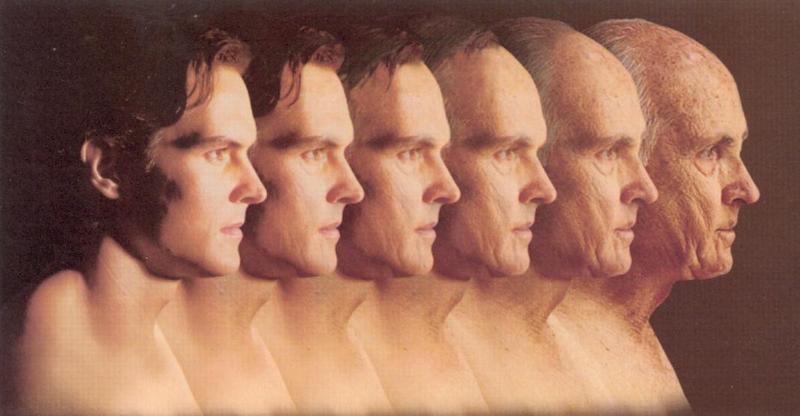
The first time I heard that memorable phrase was in tenth grade Biology class. The teacher, Sam S., was an upbeat African-American man with a large family. He was also the tennis coach at the high school. One of the most positive and giving individuals I had ever met. Yet he died suddenly of a brain aneurysm that burst while he was helping a few students work on their tennis game at a public tennis court. This he did on his own time, outside of school hours.
So, perhaps the way he died lodged that phrase into my brain. I don’t know for sure, but Sam and the phrase go together in my mind. No one really knows when death will come, but no need to worry about it. Better to live life to the fullest while you are alive!
What, then determines how long a life one may have, excluding any unusual circumstances or conditions that may affect longevity?
Growing Old – It’s in your Genes!
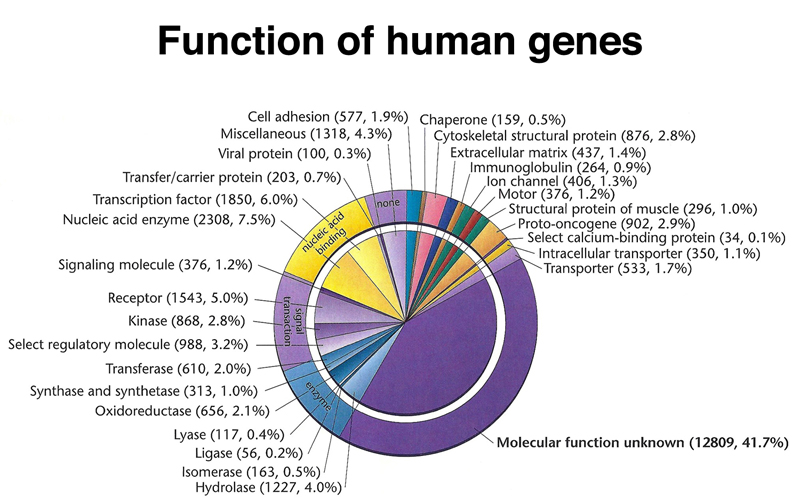
If you think about people your own age, some probably look much older and others much younger. The signs of aging are dependent on many factors as is longevity. According to Dr. Nir Barzilai, director of the Institute for Aging Research at Yeshiva University’s Albert Einstein College of Medicine, genes are the greatest predictor of longevity. How long one’s parents had lived was the leading factor in one’s own longevity. But, there are other factors that can add years to that figure.
Growing Old – Be Conscientious!

The Longevity Project, started in 1921 by Dr. Terman and continued by Psychologists Howard S. Friedman and Leslie Martin found a common trait among those who lived long lives. Conscientiousness is a leading indicator of longevity. Martin concludes that conscientious people tend to have a lot of satisfaction in their lives because they set tasks and accomplish things. Want to live longer? Hang around conscientious people!
Growing Old – Be an Extrovert!

Living in isolation can cause negative emotions leading to stress, inflammation, and cardiovascular disease. Meaningful connections to others may increase longevity due to the positive emotions associated with those connections. The easiest way to make positive connections is through one’s interests or hobbies. Joining a club or volunteering or doing anything that has meaning to you will provide the valuable social interaction. Interact more and live longer! It is important to both give and receive support for men and women.
Growing Old – Be an Optimist!

Many elderly people may have difficult lives, but remaining optimistic is a key ingredient to living a longer life. Even though some people may have been cantankerous as youngsters, they can mellow out after seventy and change for the best. Many studies stress the positive effects of a positive outlook. Oddly, most cheerful, optimistic kids have significantly shorter lives than the kids who weren’t so optimistic, according to Psychologist Martin. It really depends to what the optimism is applied and in what situation. Kids may often direct their optimism to smoking, drinking, and taking other big risks, thinking optimistically that they will not be affected. The elderly view optimism as a positive element to overcome adversity.
Growing Old – Be a Volunteer for the Right Reasons!
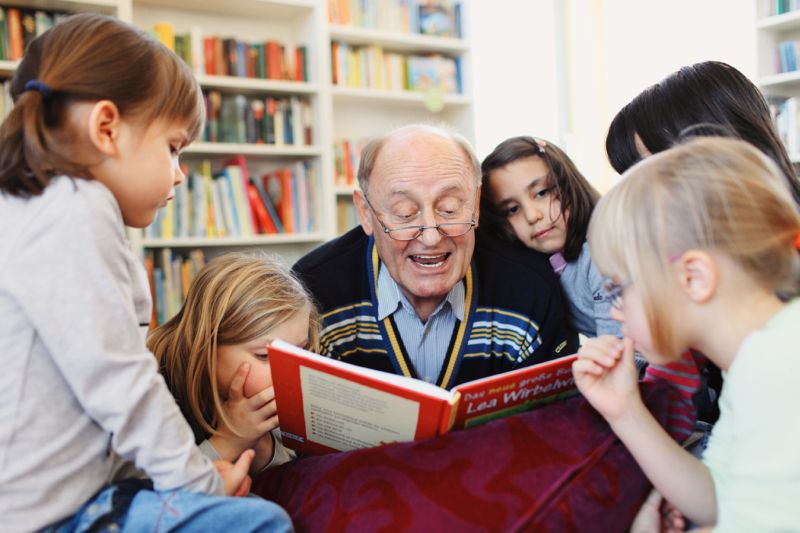
Volunteering is great if done for the right reasons. The source of motivation for volunteering will dictate whether helping others increases your longevity or not. Volunteering for self-oriented reasons, such as gaining work experience, will not affect your longevity. But, volunteering because you sincerely want to help or because it’s important to the people you care about, then doing so will be highly beneficial to your longevity. Just the attitude of wanting to help can increase your longevity. This is so powerful.
According to University of Michigan social psychologist Sara Konrath, her theory attributes the boost in longevity to the reproductive hormone oxytocin. She hypothesizes that helping others releases higher levels of oxytocin which deactivates stress hormones and produces other restorative hormones in the process.
Growing Old – The Benefits of Marriage!

Stable, healthy marriage leads to healthy lives for both partners, and it’s no surprise that happily married couples add years to each partner’s life. However, on the loss of a partner, either through death or divorce, it has been noted that men suffer more pronounced affects than do women. Women are more likely to have confidantes and close friends from who they can seek advice or support. In marriage, a wife is usually the sole provider of advice and support to her husband. Through divorce or widowhood, a man is going to suffer a much greater loss. In such cases, men can improve their longevity by remarrying. Women, on the other hand, bounce back from divorce or widowhood better than men.
In contrast, being in a bad marriage can shorten your longevity. Not only for the marriage partners, but also for the children. Even after the split – due to unhealthy behaviors as a result of the divorce – the children’s longevity is negatively affected. Create a happy marriage before the kids start arriving.
Be Industrious!
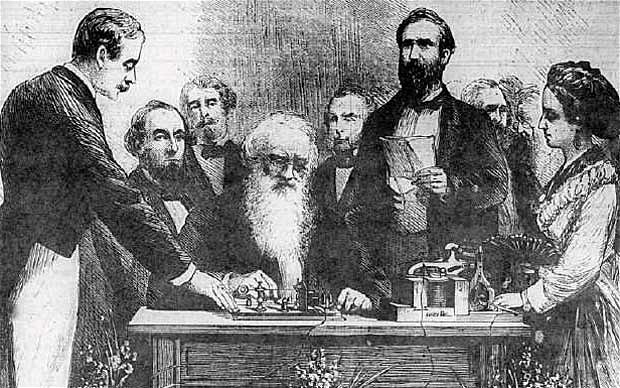
Retirement may not be the best choice for longevity! The Longevity Project found an increase in longevity for people who had demanding careers filled with hard work and work related stress. The key was to find meaning in the job, and the hard work and stress actually bolstered longevity! Go figure…
Have Career Success!

The Longevity Project also discovered a direct connection between males who had a successful career and those who did not. The successful ones averaged five more years of life over the unsuccessful ones! Job achievement and satisfaction in life correlated with extra years of life for the successful ones.
Add Some Neurosis!

Odd as it may sound, adding just a little neurosis is a good thing when it affects longevity is a positive way! The Longevity Project noted a 50 percent decrease in mortality rates for those who worried slightly in old age. Think of any Woody Allen character! Those who blow things out of proportion and make everything a “big deal” create a real risk factor for longevity.
New Experiences!
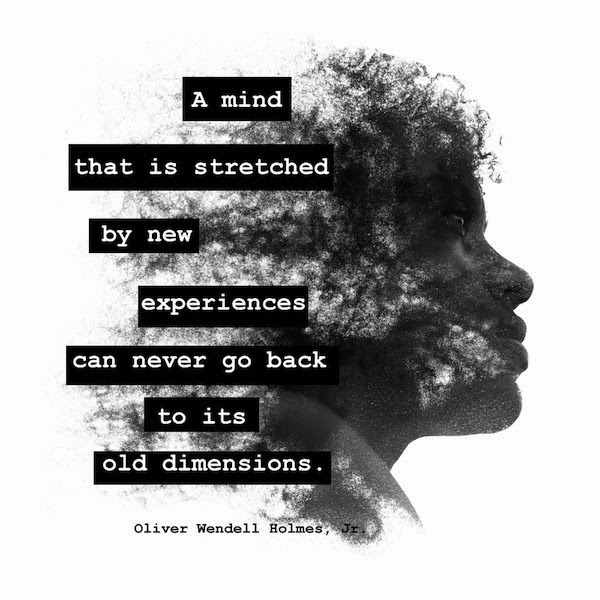
Being open to new experiences and adapting to change is a personality trait that has a very positive affect on longevity for both men and women. According to the Tokyo Centenarian Study, openness to new experiences helped centenarians adapt to challenging problems of outliving friends and family, as well as the issues directly associated with an aging body.
Growing Old – Keep a Positive Perspective!

Becca Levy, director of the Yale School of Public Health’s Social and Behavioral Sciences Division, has this to say about a positive perspective: People who express more negative age beliefs before age 18 were twice as likely to have a cardiovascular event after age 60. People with positive perceptions of aging engage in better health behaviors and respond better to stress.
The best time to start positive perceptions is in childhood, but even adults will benefit from a change to a positive perspective. In addition, Levy noted that the more people watched TV over their lifespan, the more negative their attitude toward aging.
So, life long and prosper…





